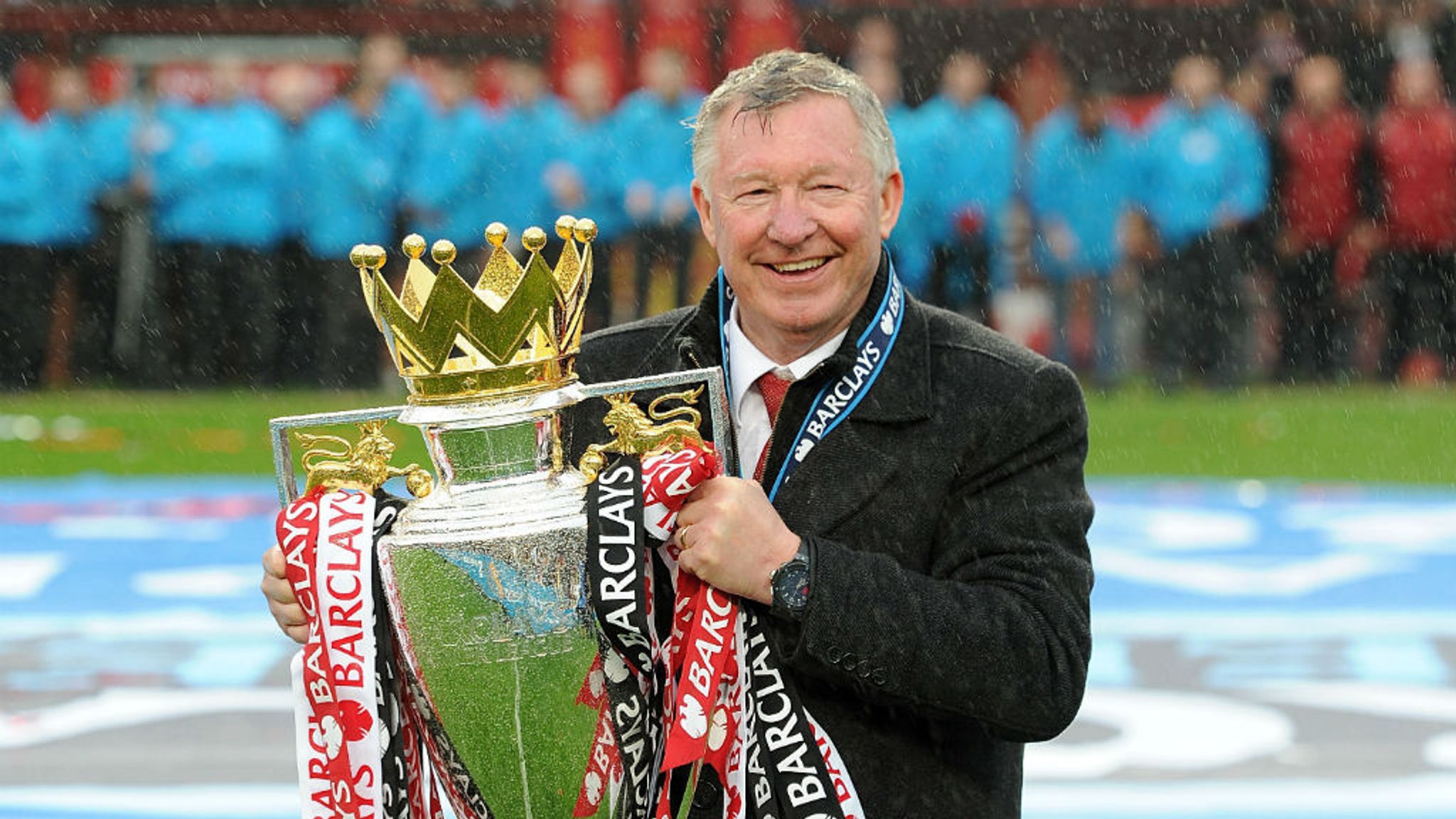Sir Alexander Chapman Ferguson, or better known as Sir Alex Ferguson, is a figure who inspired unmatched success and dominance in the world of football management. Born on December 31, 1941 in Govan, Glasgow, Scotland, Ferguson’s life journey from the Govan shipyards to the pinnacle of football glory was truly extraordinary.
Youth and Playing Career:
Before donning the manager’s suit, Ferguson had a modest playing career as a striker. His days as a player include several Scottish clubs, most notably St. John’s. Johnstone and Rangers. Although not an accomplished goalscorer, Ferguson’s ability to understand the game and his leadership qualities provide clues to his greatness as a manager.
Beginning of Managerial Career:
Sir Alex Ferguson’s managerial career officially began with East Stirlingshire in 1974. However, it was only at St. Mirren and then Aberdeen where he really showcased his skills. At Aberdeen, he achieved the extraordinary feat of breaking Celtic and Rangers’ dominance of Scottish football, leading the Dons to the Scottish league title in the 1984-85 season.
Manchester United Era:
Sir Alex Ferguson’s monumental impact on football history was revealed when he took over the reins of Manchester United in 1986. The early years were full of challenges, but Ferguson’s perseverance and determination formed the basis for an era of unprecedented glory.
Difficult Beginnings and Building a Dynasty:
The early years at Manchester United were marked by uncertainty, but Ferguson’s determination kept him going. The breakthrough came in 1990 when Manchester United won the FA Cup, ending a 26-year trophy drought. This success is a sign of greater achievements to come.
Treble Season:
The peak of Sir Alex’s managerial career came in the 1998-99 season when Manchester United achieved a historic treble – winning the Premier League title, FA Cup and UEFA Champions League. A dramatic comeback in the Champions League final against Bayern Munich, with two goals in added time, saw Ferguson’s name etched in football history.
Sustainable Success:
Ferguson’s ability to rebuild and reinvigorate his squad ensured continued success for more than two decades. Manchester United dominates English football, winning numerous league and domestic cup titles. Players like Ryan Giggs, Paul Scholes, Gary Neville and others became synonymous with the club’s success under Ferguson’s guidance.
Leadership and Management Style:
Ferguson’s management style was characterized by discipline, motivation and his extraordinary ability to bring out the best potential from his players. The “hairdryer” treatment, a firm and intense presence in the dressing room, became legendary. However, beneath the tough exterior, there is a manager who cares deeply about his players and fosters a strong team spirit.
Inheritance:
Sir Alex Ferguson retired from football management in 2013, leaving an indelible mark on Manchester United and the world of football in general. Beyond trophies, his legacy is defined by the values of hard work, resilience and a tireless desire to achieve success. His continued career and continued success at the highest level made him one of the greatest football managers in history.
In recognition of his contribution, Ferguson was knighted in 1999 for his services to football. Today, his impact is not only felt at Manchester United, but is also a source of inspiration for aspiring managers and football fans around the world. Sir Alex Ferguson’s journey from the Govan shipyards to the pinnacle of football glory is testament to the power of vision, leadership and relentless commitment to success.
















